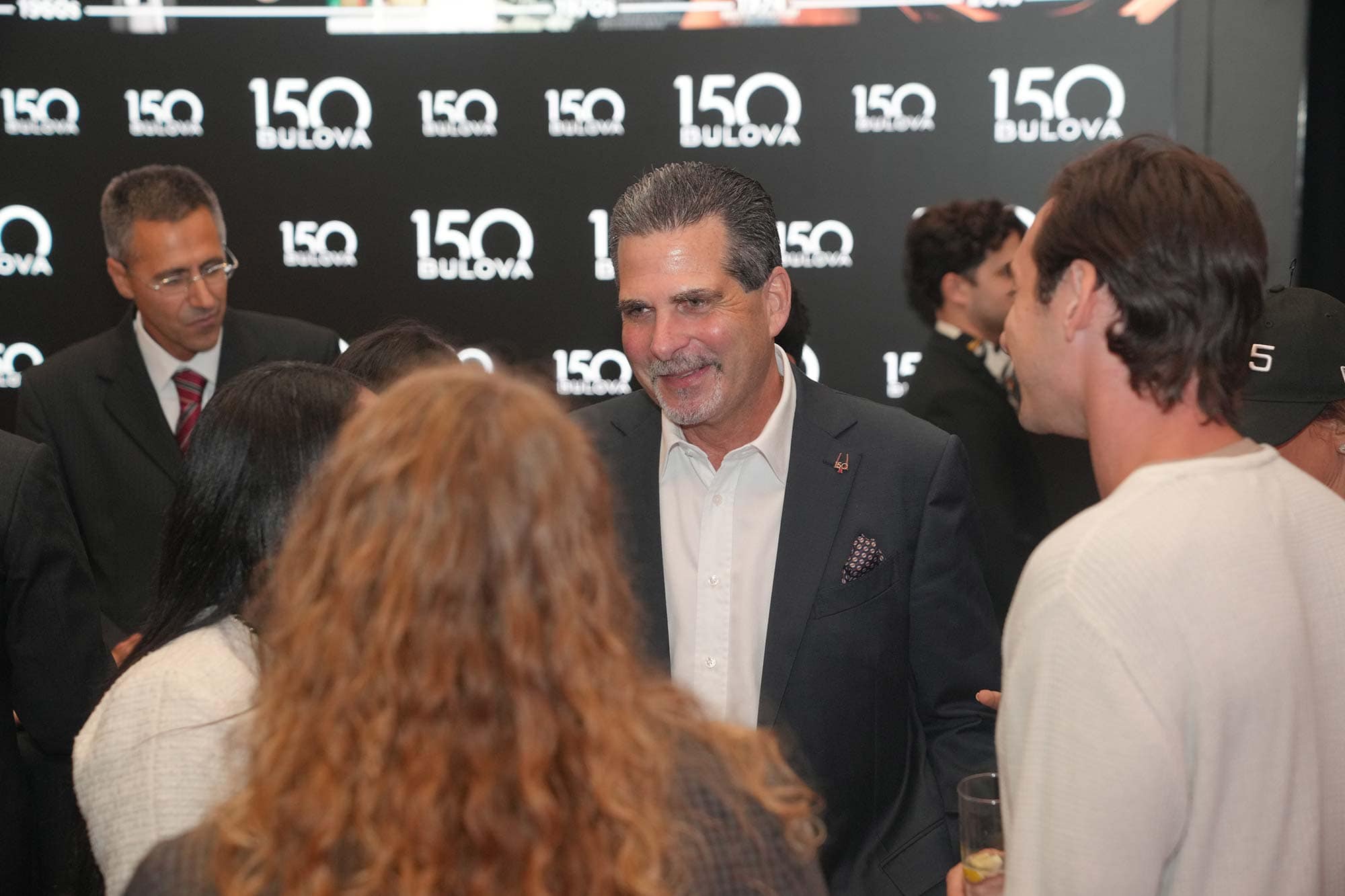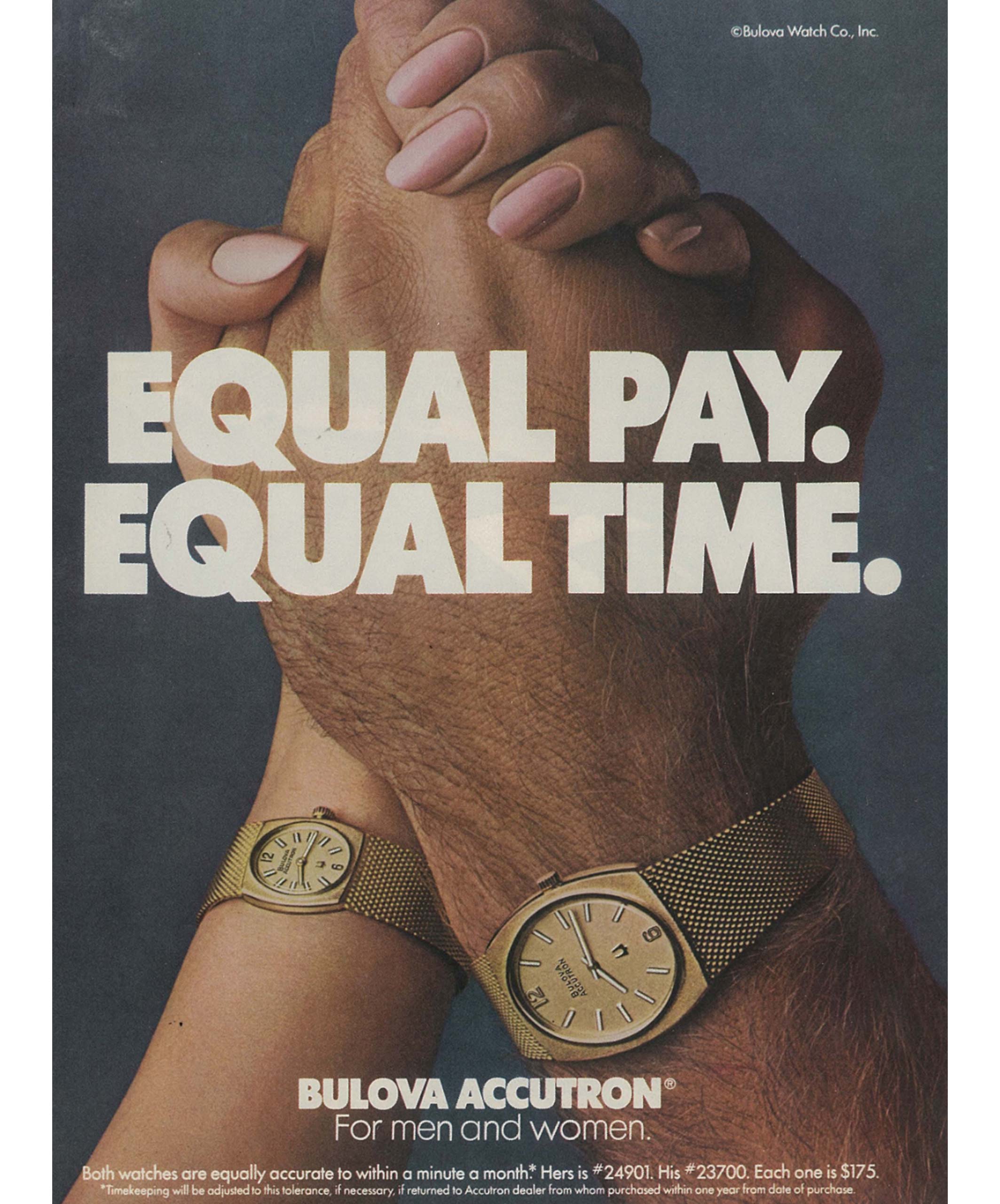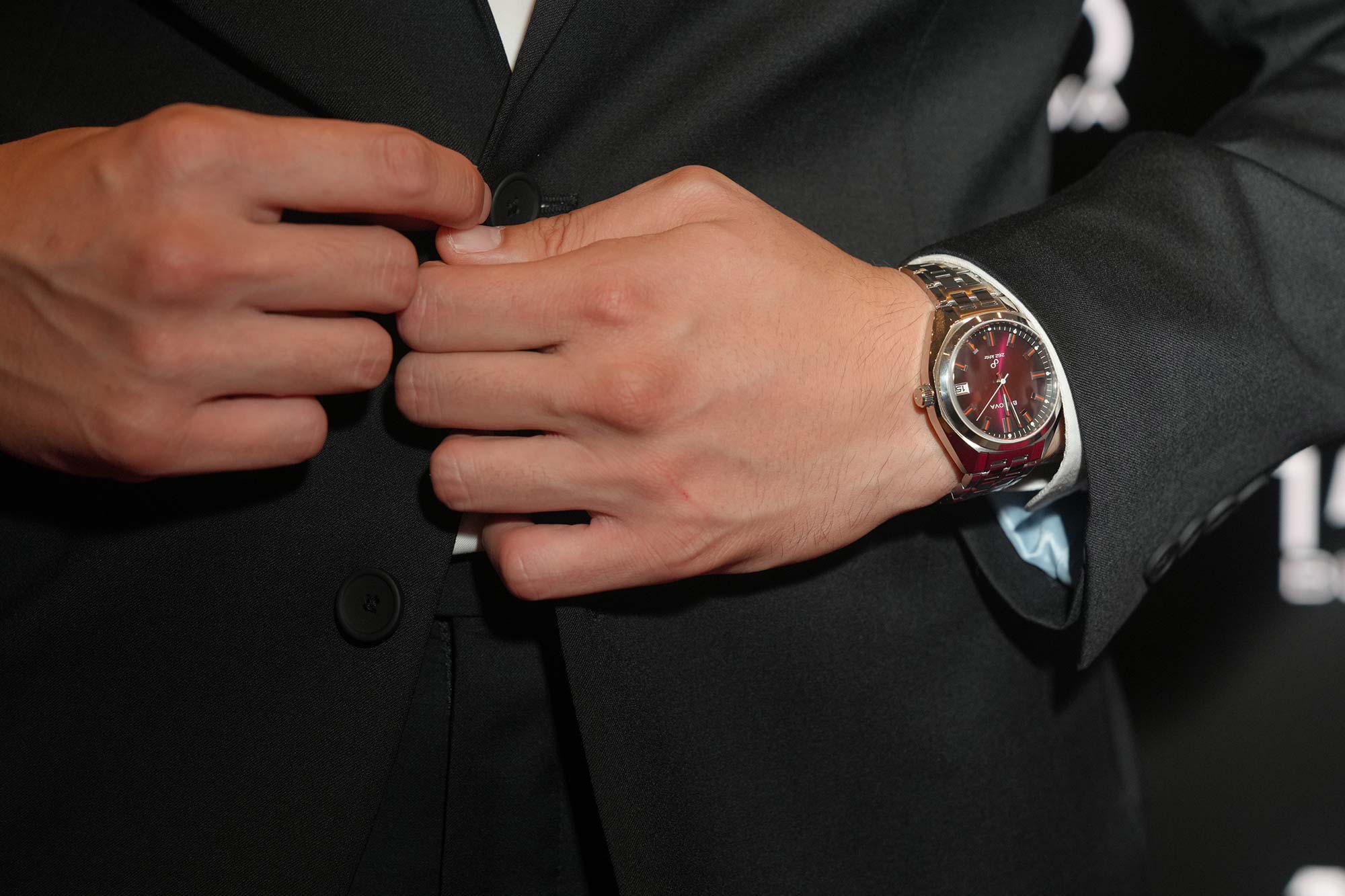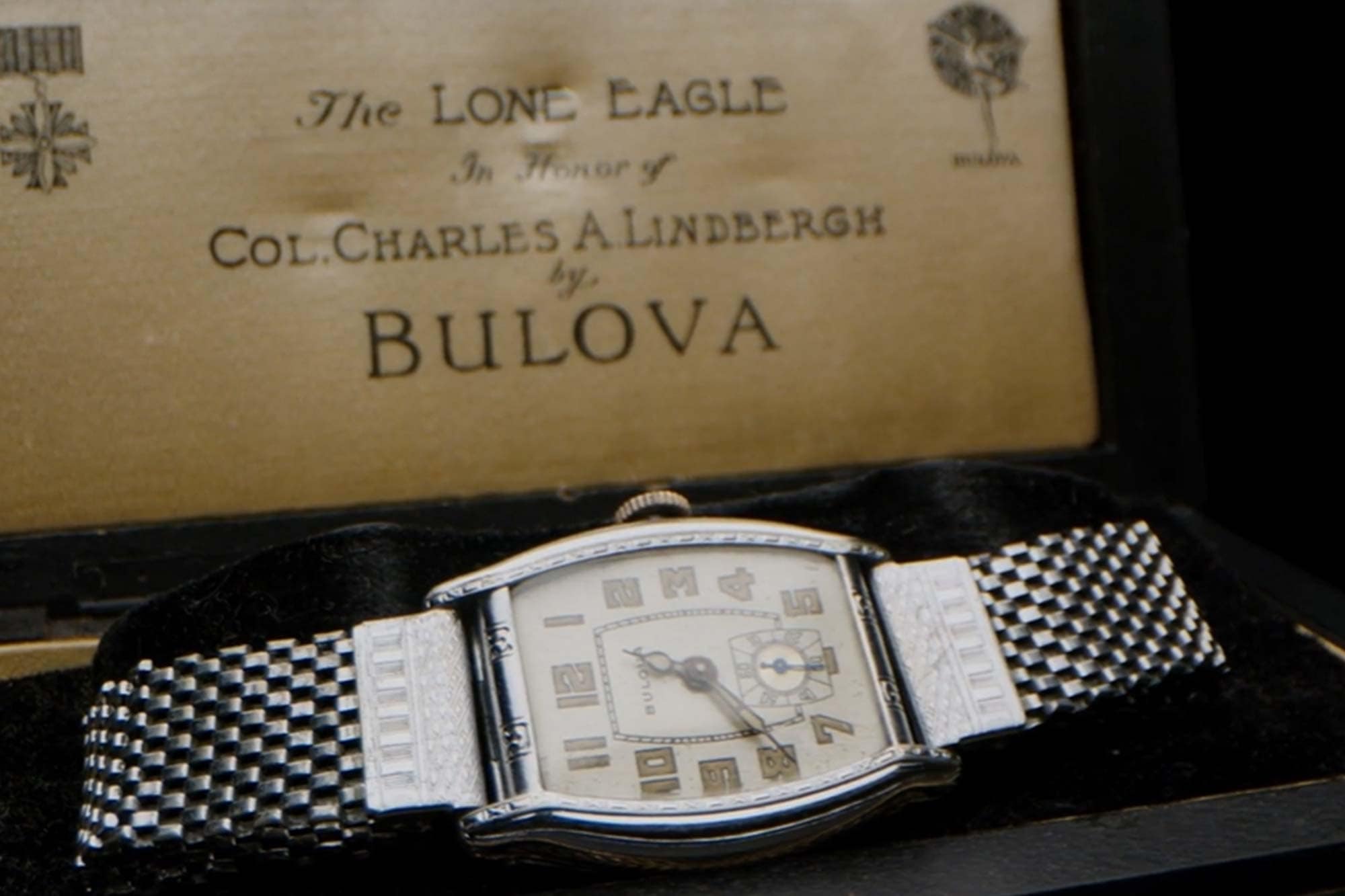Next year, Bulova turns 150 years old, but you’ll forgive them if they start the celebration a little early. Last week in New York City, the band’s home for its entire history, Bulova hosted the world premiere of America Telling Time, a documentary about an hour in length that charts the course of the brand through 150 years of being, quite literally, an American standard in time telling. Watching the film in a room full of watch collectors, watch media, and Bulova staffers it became clear that Bulova is truly unlike any other watch brand, and not for the usual reasons we typically invoke that possibly overused phrase. Bulova’s history is tied inextricably to American history in a way that no other brand can replicate, which is a simple fact of its founding, longevity, and ability to always be on the cusp of trends in culture and watchmaking.
Before sitting down to watch the film at the premiere, I had an opportunity to speak with Jeffrey Cohen, President of Citizen Watch America, and Patty Schmoyer, Vice President of Marketing at Bulova, about what we could expect later that evening when the documentary would be shown. “You’re going to see how Bulova played a vital role in our society,” Cohen told me. He then went on to list the seemingly endless arenas in which Bulova was a factor in American life. The space program, being a pioneer in radio and television advertising, and promoting equal pay for equal work at a time when a large American company taking a stance of that nature was not necessarily going to be popular.
In a way that is uncommon in the watch industry, Bulova has sought to insert itself into the fabric of American culture. The equal pay ad below is a great example – it’s an iconic image that extends well beyond the world of watches, and clearly defines the position of the brand in the mind of the consumer. If you saw that advertisement when it ran in 1972, you were unlikely to forget it, and you would always associate it with Bulova.
Schmoyer described the film as “a journey through American history through the eyes of Bulova,” echoing Cohen’s assertion that the thrust of the piece is really the uniquely American story it would tell. “I don’t think people realize how entrenched Bulova has been in our lives,” he told me.
After seeing the film, I tend to agree that it would be tough to come away from it without a deeper appreciation for how the brand has seeped its way into our everyday lives. One of the great revelations about Bulova’s history is the brand’s work in the realm of advertising. The television advertisement ever, in the history of the medium, was a Bulova ad. That’s both an answer to a trivia question, and an explanation, in part, for the way we live now. Like it or not, we have Bulova, at least in part, to thank for the way ads have been delivered via television since the first one aired in July of 1941.
There are lots of little anecdotes in the film about the way Bulova watches have factored into important historical events. The story of the Bulova Hack and Mil-Ships and their military heritage, for example. And the introduction of Accutron in 1960, which revolutionized electronic timekeeping and the way we think about how watches should look and feel. But what struck me most about the film was the genuine enthusiasm those in the watch community have for Bulova. They are watches that are collected for their aesthetic and mechanical appeal, and are also ubiquitous enough that thousands upon thousands of individual owners likely have emotional connections to Bulova watches from their youth, perhaps worn by a parent or grandparent, or given as a gift.
Directed by Michael Culyba, America Telling Time uses a series of interviews with watch industry professionals to paint an all encompassing picture of the brand. Culyba, it should be noted, seems to have a real interest in watches. His previous documentary, Keeper of Time, found him focusing on horological history through the eyes and experience of some of the most renowned makers of high end watches in the world. In a Q&A following the screening, Culyba commented that part of the appeal of making America Telling Time was being able to tell a similar story through the lens of a brand that is far more accessible. While it might not appear, at first glance, that there are meaningful similarities between the story of Bulova and the story of, for example, watchmaker Philippe Dufour, there is a parallel in the passion that is evident for the watches on both sides of the spectrum. There are also similarities in ingenuity and a commitment to building something exceptional, just in different contexts.
America Telling Time will be rolled out to the public gradually over the next few months. It will be screened privately for collector groups through the remainder of the year, and clips will be made available through Bulova social media channels. It’s expected that the documentary will be available to stream (from a service that is still to be determined) sometime in early 2025, when Bulova’s 150th anniversary celebration kicks off in earnest. Bulova
The post Bulova Begins their 150th Anniversary Celebration with the Premier of the Documentary “America Telling Time” appeared first on Worn & Wound.







